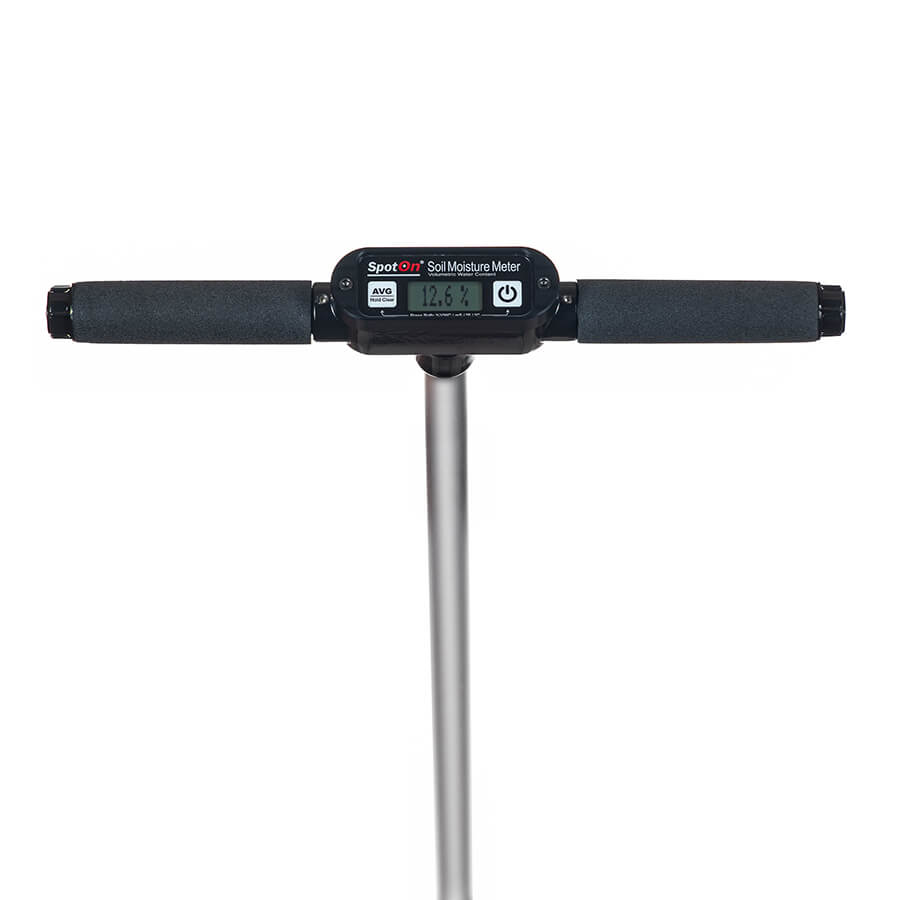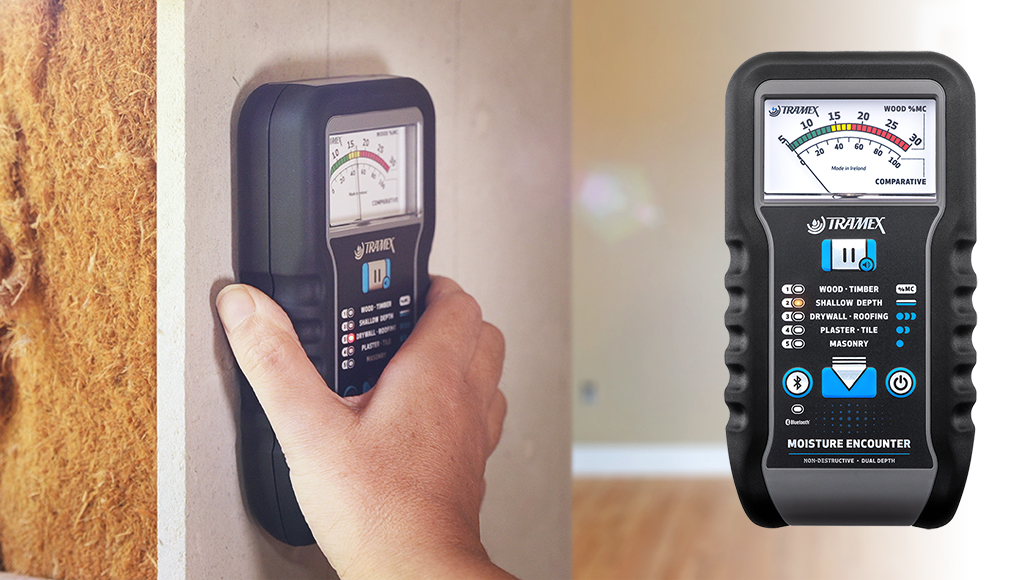The Ultimate Guide to Moisture Meters: A Comprehensive Overview and Just How They Can Conserve You Money
Wetness meters offer as crucial tools in identifying and keeping an eye on moisture content in products, helping in protecting against costly problems and making certain the quality of items. Understanding the subtleties of various types of moisture meters, their applications, and the possible cost-saving advantages they provide can be a game-changer for companies and specialists alike.
Sorts Of Wetness Meters
One typical type is the pin-type wetness meter, which determines the electrical resistance in between two pins placed into a material. Pinless moisture meters, on the other hand, use electromagnetic sensor plates to scan a larger area without creating damages to the product's surface area.

In addition, there are additionally specialty moisture meters developed for particular materials like hay, grain, or soil. These meters provide exact wetness readings customized to the special properties of the product being checked. Infrared wetness meters gauge the thermal buildings of a material to identify its dampness web content non-invasively, making them helpful for applications where pin or pinless meters may not be suitable. Comprehending the different kinds of wetness meters available can help industries choose the most suitable tool for their specific dampness measurement requirements.

Advantages of Using Dampness Meters
Dampness meters supply invaluable advantages in precisely keeping an eye on and analyzing wetness degrees in diverse materials and settings. One of the key benefits of making use of dampness meters is the avoidance of possible damage created by excess moisture.
In addition, using wetness meters can lead to raised energy efficiency. In farming settings, moisture meters play a vital function in maximizing plant yields by allowing farmers to keep track of soil dampness degrees and make educated watering choices.
Just How to Choose the Right Moisture Meter
When choosing a wetness meter, it's essential to ensure that the meter is ideal for the details product you will certainly be testing. Various materials have varying electrical properties that can affect dampness analyses, so choosing a meter developed for your material is essential for accurate results. By carefully examining these factors, you can pick a dampness meter that fulfills your requirements and offers precise dampness measurements for your projects.
Proper Strategies for Dampness Meter Use

Expense Financial Savings Via Moisture Meter Applications
Just how can the calculated utilization of moisture meters lead to considerable cost financial savings throughout numerous markets? In the agriculture sector, wetness meters help in figuring out the optimal time for collecting crops, protecting against excess or over-drying moisture that can affect the final item's high quality.
In a similar way, in building, dampness meters assist prevent expensive problems by finding moisture degrees in building products, such as timber or concrete, which can result in architectural issues otherwise addressed immediately. By identifying trouble areas early, contractors can take restorative actions to prevent considerable repair work or replacements, inevitably saving money and time.
In addition, in the food about his processing market, dampness meters are essential for keeping an eye on item quality and making sure conformity with safety and security policies. By precisely gauging dampness content in foodstuff, manufacturers can protect against spoilage, preserve quality, and minimize waste, causing significant cost financial savings. On the whole, the calculated application of moisture meters is a beneficial investment that can cause considerable expense decreases and boosted performance throughout numerous sectors.
Conclusion
In conclusion, dampness meters are beneficial tools for determining and discovering moisture degrees in various products. By utilizing the ideal moisture meter and adhering to appropriate techniques, individuals can efficiently protect against costly problems caused by excess dampness.
Wetness meters offer as crucial tools in detecting and keeping an eye on moisture content in materials, assisting in preventing pricey damages and making sure the top quality of products. Infrared dampness meters measure the thermal residential properties of a material to establish its moisture material non-invasively, making them valuable for applications where pin or pinless meters may not be appropriate.Dampness meters offer vital advantages in properly monitoring and assessing wetness degrees in varied materials and atmospheres. In agricultural setups, dampness meters play an essential function in enhancing plant returns by enabling farmers to keep track of dirt dampness levels and make informed irrigation choices.In verdict, dampness meters are valuable tools for discovering and measuring dampness degrees in numerous products.